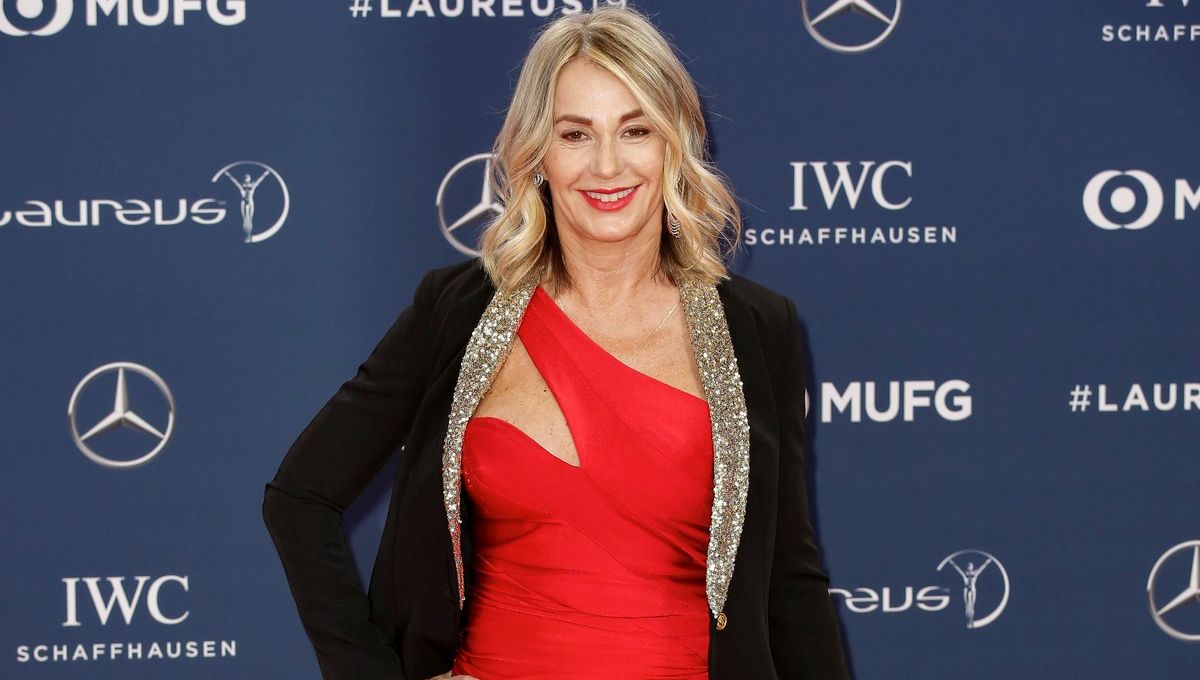
Romanian gymnast Nadia Comăneci might have won nine Olympic medals, five of them gold, yet she will always be remembered as the first gymnast to score a perfect 10 in an Olympic event, and the age of just 14 no less. But beyond that record, it is her journey from child star and national icon to political defector in a brutal regime that makes her determination even more impressive.
Comăneci was discovered when she was six years old and soon became a member of the Romanian junior gymnastics team. Her time was spent in the gym, practicing six to seven hours per day with an emphasis on discipline and success. Even though the training was hard, the gym was a sanctuary where she could escape from other external stresses and challenges.
Practicing paid off. She won the Romanian National Junior Championships, the European Championships, and the American Cup. She then thrilled the world at the 1976 Olympic Games in Montreal when she scored the perfect 10. She was named a Hero of Socialist Labour by the Soviet Union, a distinction for exceptional achievements in the national culture and economy.
As her fame and athletic prowess grew, so too did rising political tensions. Fearing that she would defect, authorities severely restricted her ability to travel among other privileges, restrictions that increased even further after her coach fled the country. This marked a very challenging time in Comăneci’s life. “If Bela hadn't defected, I would still have been watched, but his defection brought a spotlight on my life, and it was blinding. I started to feel like a prisoner,” she said.
In 1984, after winning a few other medals, she retired from competition. Then in 1989, just weeks before the Romanian Revolution, she fled to the United States where she began a new free life at 28 years old. “Leaving meant you were gone. You couldn’t go back. I didn’t tell my mom,” she said.
In her new country, her sense of solidarity came forth. As a lifelong supporter of the Special Olympics, she has attended the events locally and globally, and continues to advocate for people with intellectual and physical disabilities around the world. She is also involved in several charities and is a supporter of women’s rights. She once said: “I competed when I was 14 and many years later people came to me and said thank you for breaking the ice for women, and I didn’t know what they meant – but now I do.”
